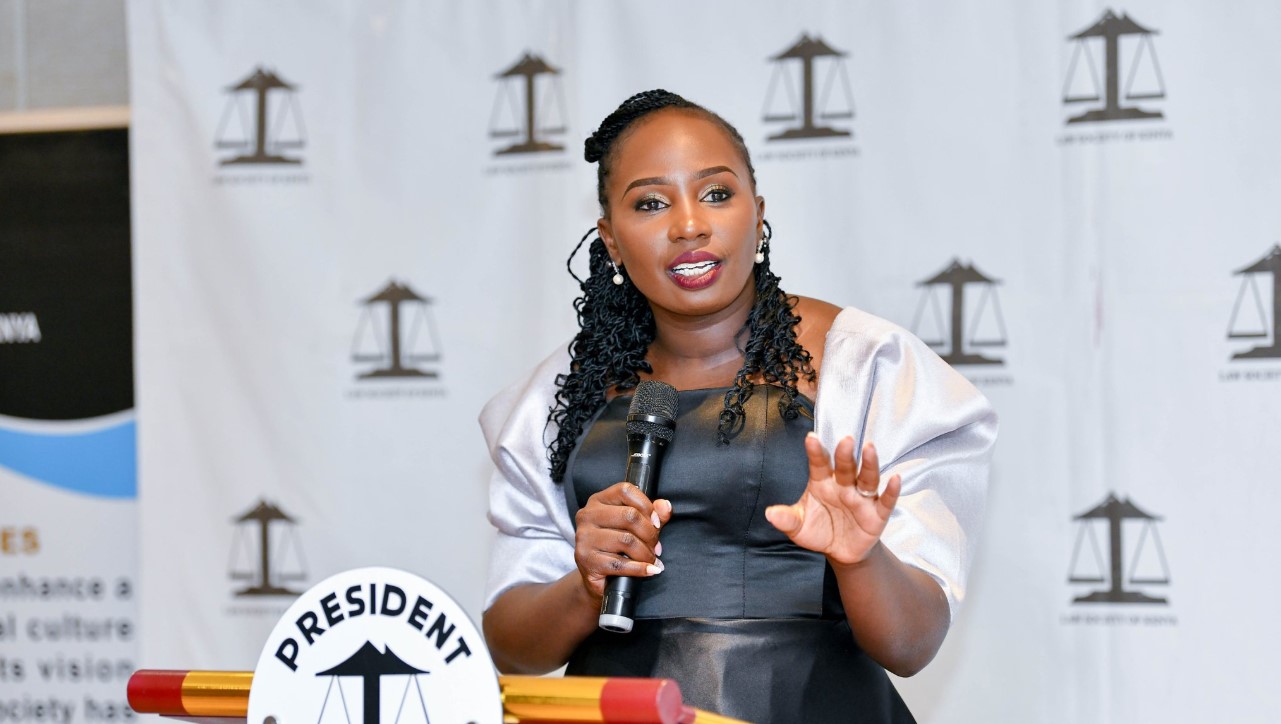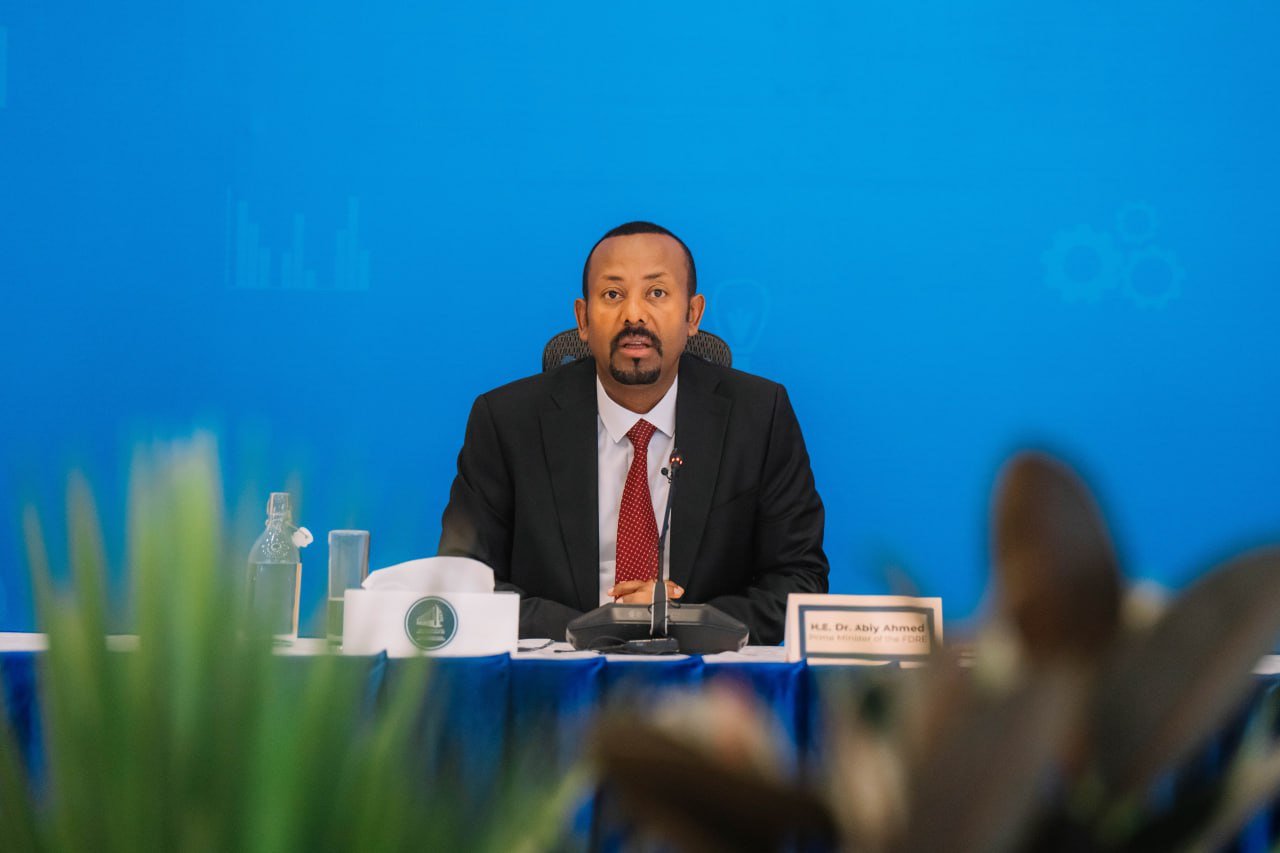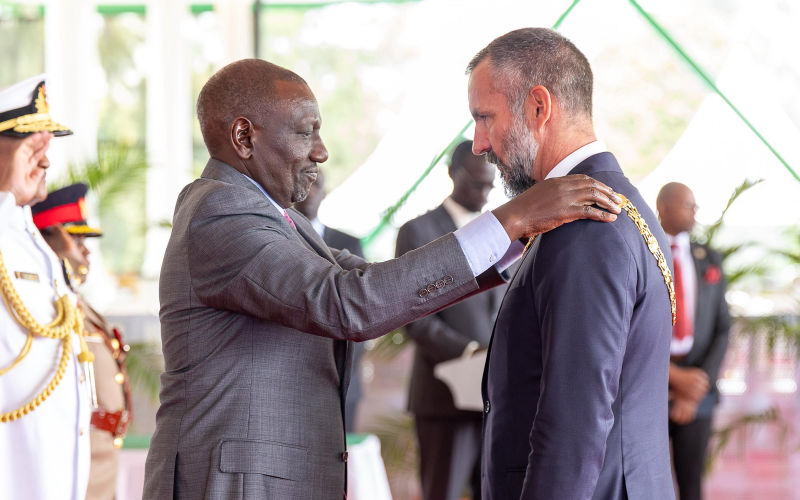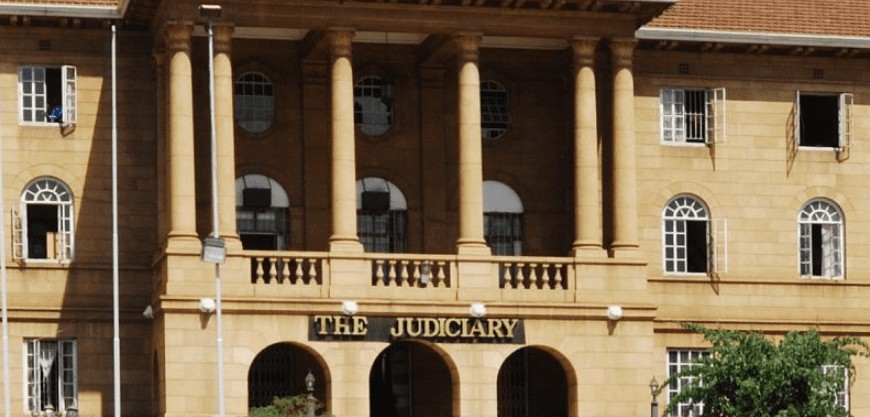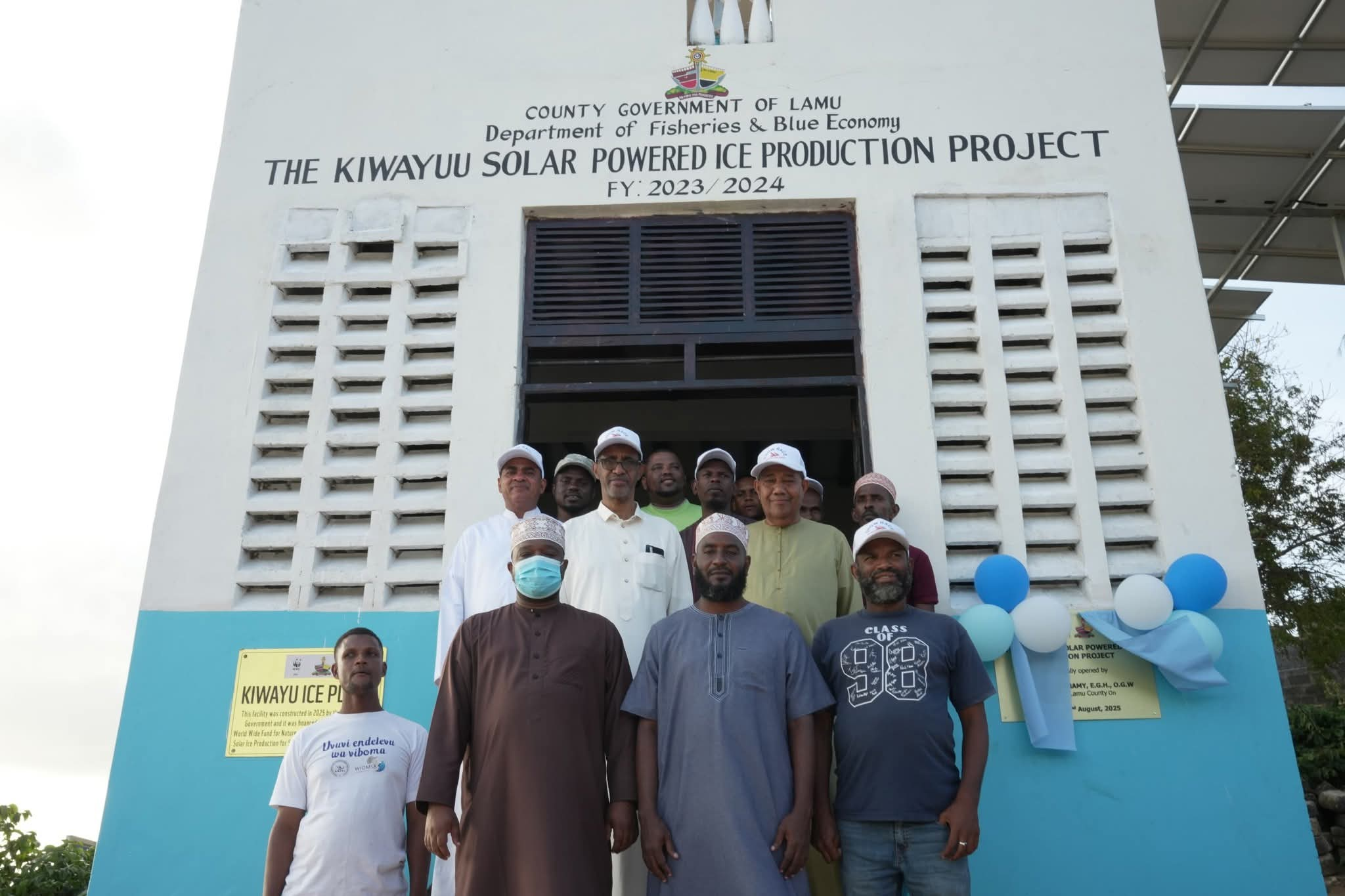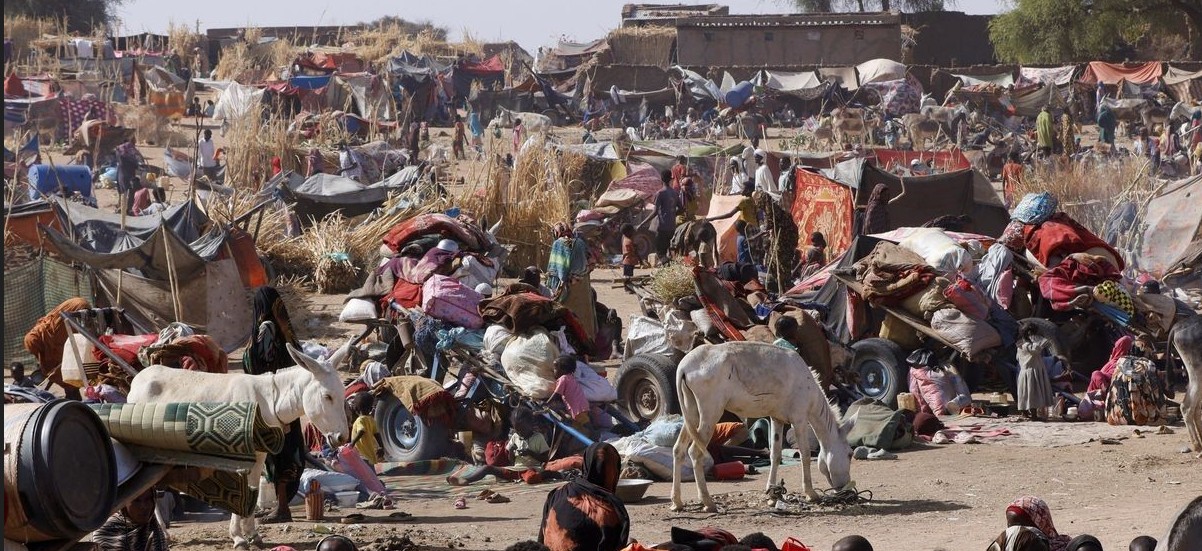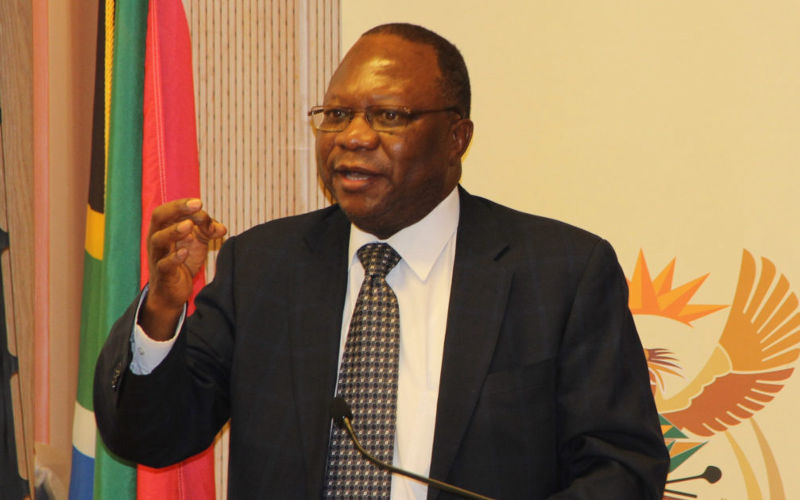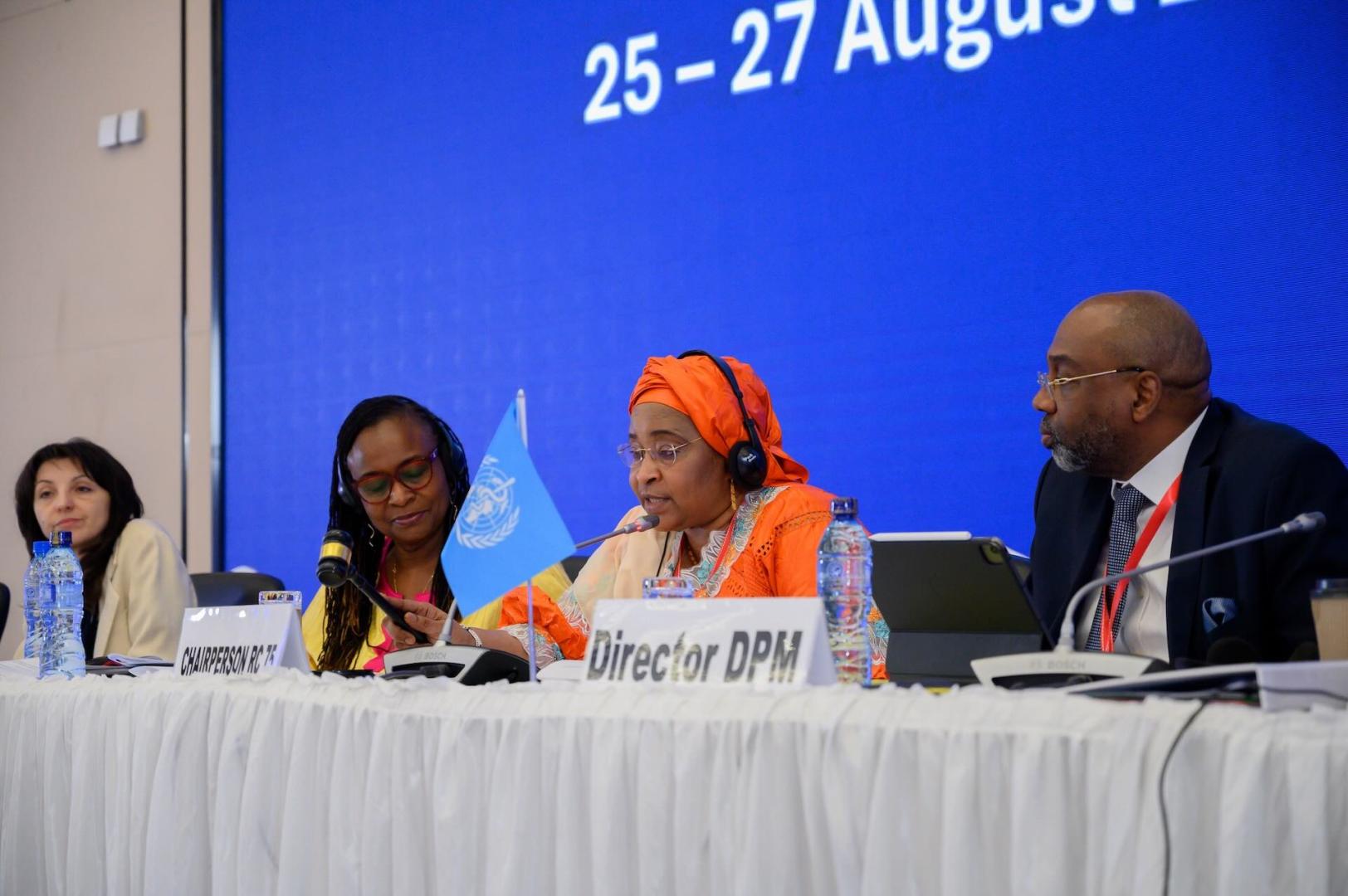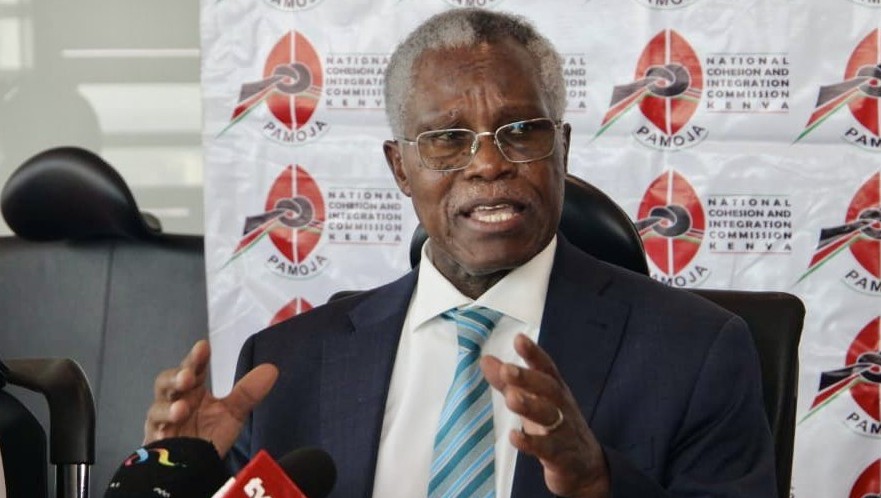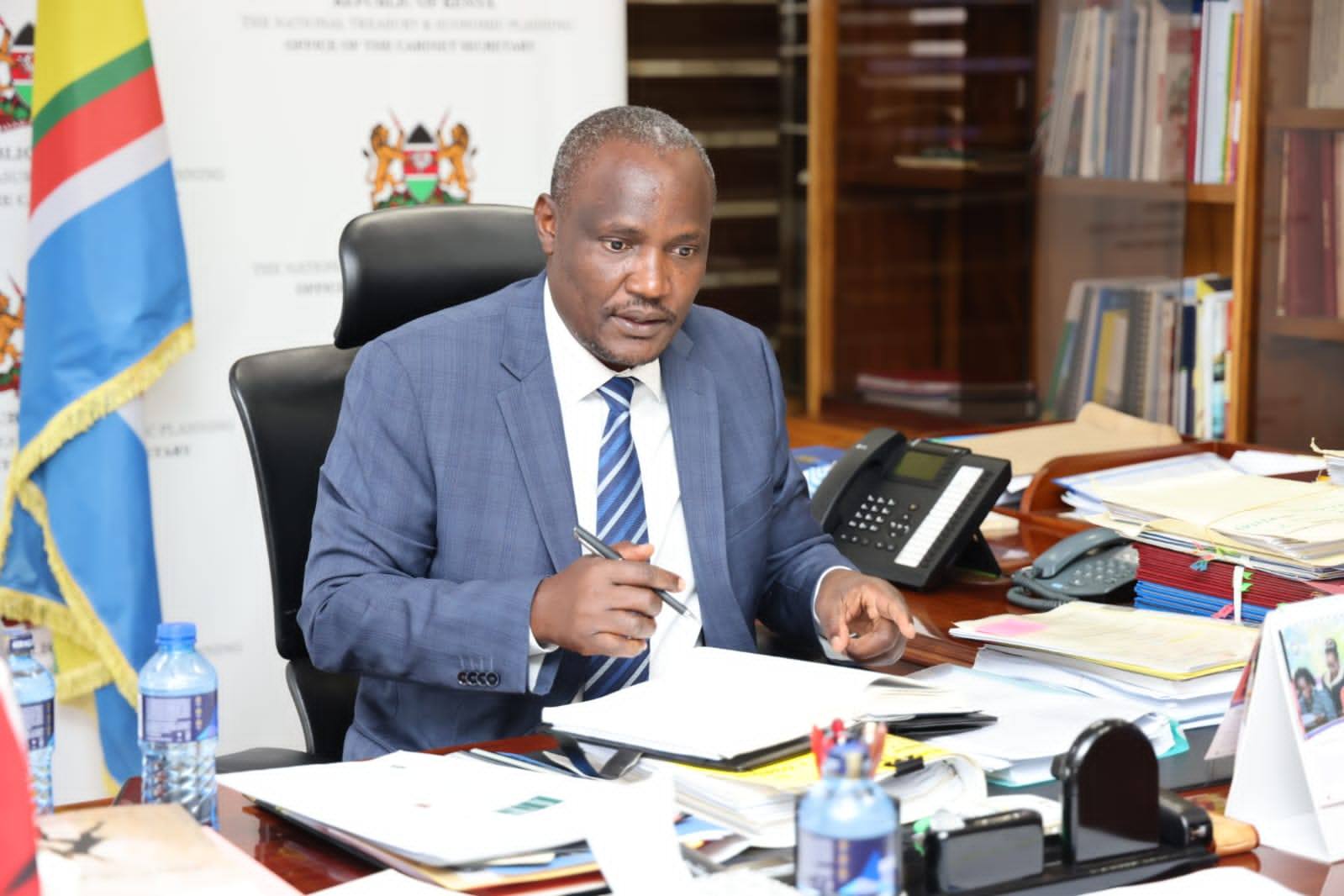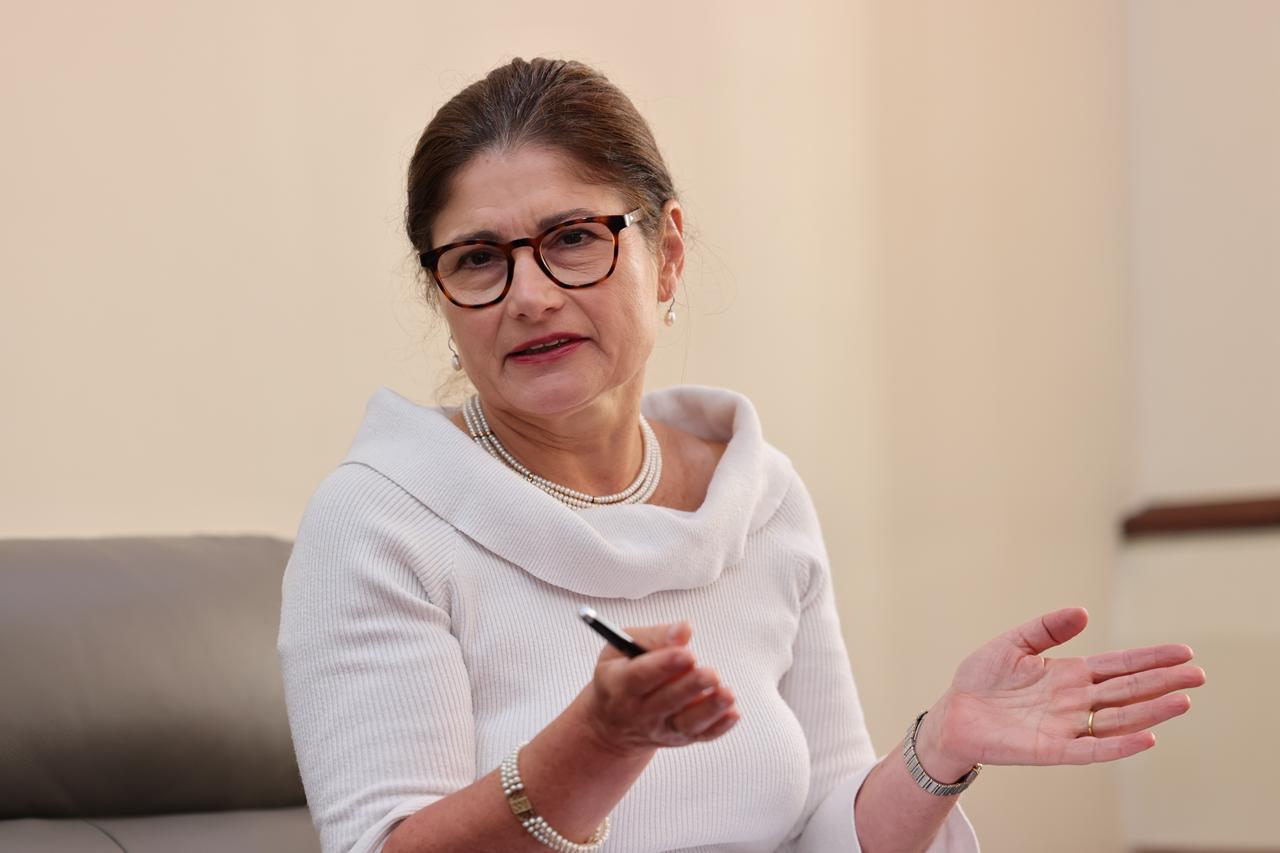Juntas in Sahel region make life more difficult for human rights NGOs
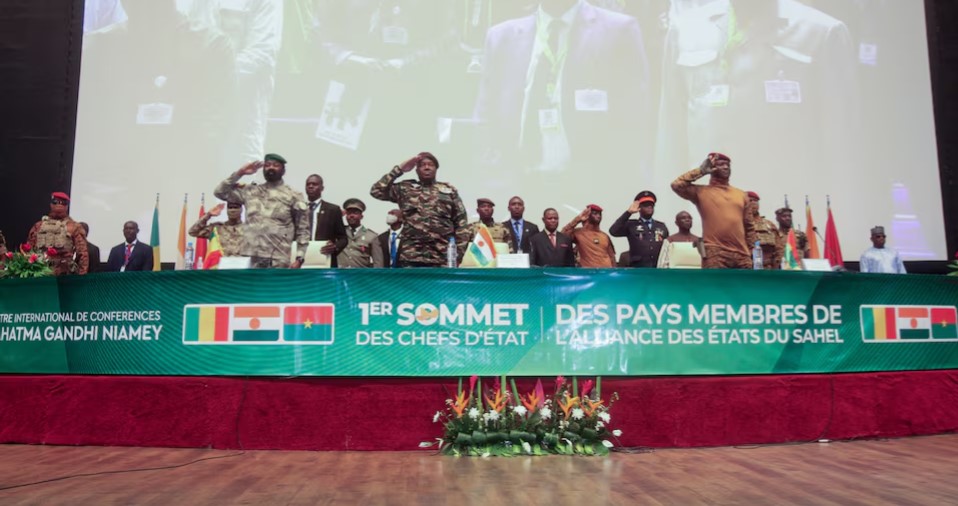
NGO's critical reports on human rights are inconvenient for the junta leaders, making them a thorn in the side of West Africa's military regimes.
Niger's military junta says that recent reports published by global human rights organisations like Human Rights Watch (HRW) and Amnesty International seek to discredit the country.
Niger's armed forces claim that such reports are one-sided and that they do not reflect efforts to reconcile security and fundamental rights.
More To Read
- Rwanda rejects Human Rights Watch allegations of backing M23 killings in DRC
- Amnesty accuses Israel of intentionally starving Gaza population
- Maina Kiai appointed chairperson of KHRC board of directors
- Amnesty calls on Kenya, Tanzania to act following activist Mwabili Mwagodi's disappearance
- Rights group links Mali’s army, Wagner to dozens of killings, forced disappearances
- Africa’s freshwater ecosystems depend on little creatures like insects and snails: Study maps overlooked species
Numerous NGOs continue to regularly denounce human rights violations in Niger, particularly in the area of political repression and the handling of terrorist threats in the Sahel region. But how much truth is there to that criticism?
Some media recently reported that the work of HRW and Amnesty had been banned in Niger on account of displeasing the military rulers of the country, who claim their biggest focus is to protect human rights through their ongoing fight against terrorist groups.
However, both non-governmental organisations (NGOs) confirmed with DW that no official ban had yet been imposed on them.
It is important to highlight that HRW and Amnesty do not have their own offices in Niger but work together with local informants instead. They also stated that they plan to continue to do so in future.
Restrictive attitudes
However, since the coup d’état in Niger in July 2023, when General Abdourahamane Tiani seized power, the military government has already suspended around 200 local and international organisations for allegedly violating rules.
The Nigerien branch of the NGO Transparency International, which fights corruption worldwide, says it is not surprised by these restrictive attitudes.
"Those in power do not want to be informed about what is going on in their countries. They prefer to remain silent," Transparency International Secretary Wada Maman told DW.
"It is not true that human rights are protected and that the international laws signed by Niger are accepted."
However, the pro-government group Debout Niger sees things differently, stating that the junta's criticism of NGOs is justified.
The leader of the organisation, Ismael Mohamed, told DW: "These groups are discrediting Niger," adding emphatically that "all organisations and countries in the world should know that anyone who tries to interfere in Niger's affairs will be thrown out of the country."
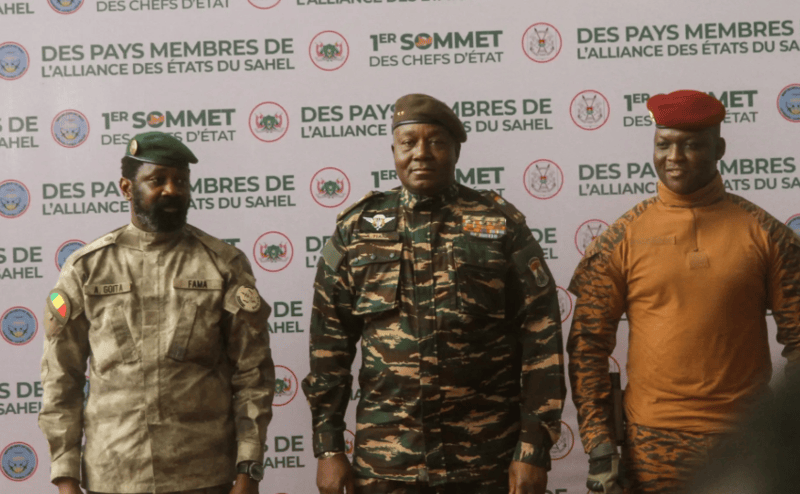 Mali’s Assimi Goita, Niger’s General Abdourahamane Tiani and Burkina Faso’s Captain Ibrahim Traore at the Alliance of Sahel States (AES) in Niamey, Niger. (Reuters)
Mali’s Assimi Goita, Niger’s General Abdourahamane Tiani and Burkina Faso’s Captain Ibrahim Traore at the Alliance of Sahel States (AES) in Niamey, Niger. (Reuters)
This is why NGOs still working on the ground in Niger have become extremely cautious.
Abdoul Aziz from the youth education NGO Mojedec thinks that the government and NGOs should talk to each other to find common ground and avoid disputes
"No things that defame our country (should) be written. Both sides should be listened to. We urge the government of Niger to work with the NGOs," Abdoul said.
One of the reasons why HRW and Amnesty are currently in the spotlight is the fact that they have been denouncing the arrest of Nigerien activist Moussa Tiangari at the beginning of December, which they have decried as being arbitrary
Tiangari, who is the secretary-general of the organisation Alternatives Espaces Citoyens (AEC), known for its critical stance towards the military authorities, was arrested in the capital Niamey by armed men who reportedly were posing as police officers.
"They forced their way into our house," HRW quoted Tiangari's wife as saying. To protect her safety, her name was not given.
"They ordered him to follow them quietly because they didn't want anyone to know what was going on," the wife added, according to HRW.
Drissa Traore, the secretary-general of the International Federation for Human Rights (FIDH), stressed that people like Tiangari do "not belong in prison, nor do several other Nigeriens, who were unjustly arrested by the government, including former president Mohamed Bazoum and his wife."
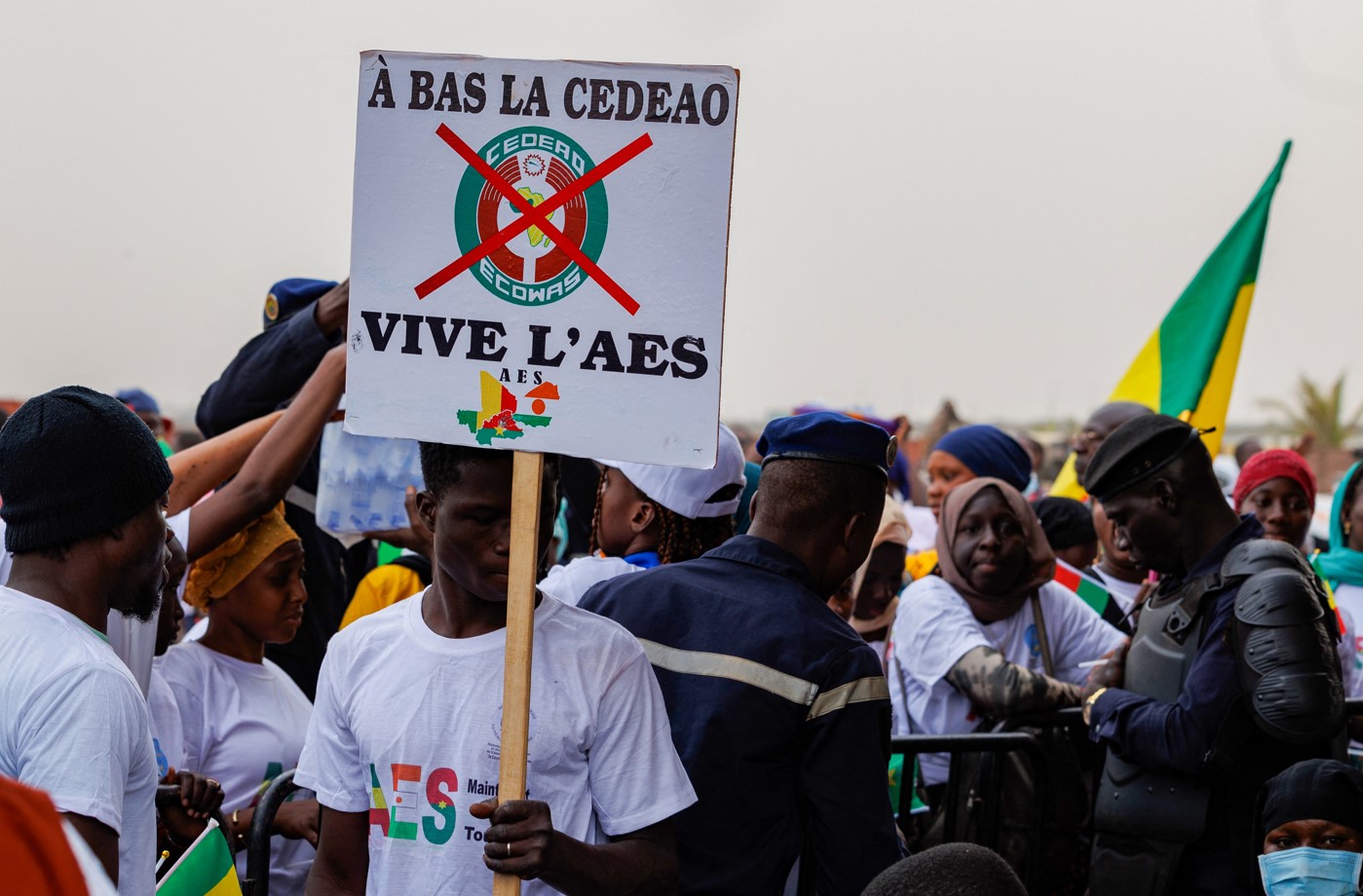 A supporter of the Alliance Of Sahel States (ASS) holds a placard reading 'down with ECOWAS, long live ASS' during a rally in Bamako on February 1, 2024, to celebrate Mali, Burkina Faso and Niger leaving the regional bloc. (Photo: Ousmane Makaveli/ AFP)
A supporter of the Alliance Of Sahel States (ASS) holds a placard reading 'down with ECOWAS, long live ASS' during a rally in Bamako on February 1, 2024, to celebrate Mali, Burkina Faso and Niger leaving the regional bloc. (Photo: Ousmane Makaveli/ AFP)
Critical voices silenced
In neighbouring Mali, there are also mounting accusations of critical voices being silenced through such arbitrary arrests.
A close confidant of the regime-critical imam Mahmoud Dicko, named Youssouf Daba Diawara, was also recently imprisoned on charges of "resisting legitimate authority" after taking part in an unauthorized opposition demonstration. He was then released at the beginning of October.
Others, however, aren't as fortunate.
Opposition politician Oumar Mariko was forced to leave the country, telling DW that "forcing someone into political exile because of their freedom of expression is simply a criminal act".
"Exile is hard, but there is no sacrifice too great for the fatherland," he said.
But silencing free speech is not contained to each Sahel nation currently under military rule.
Most recently, Malian opposition politician Issa Kaou Djim was arrested in November after the Supreme Council for Communication in neighbouring Burkina Faso accused him of insulting the military junta there.
Burkina Faso appears to deal with critical individuals in one of two ways. If they aren't sent to prison, they could be sent to the front to fight against terrorists. Former minister Ablasse Ouedraogo is one of many who were forcibly recruited into the military by the junta — even though he is already over 70 years old.
Abductions in Guinea
There are also worrying trends of similar proportions in nearby military-led Guinea.
Human rights activists Mamadou Billo Bah and Oumar Sylla were abducted from their home by hooded men earlier this year in July 2024. They have not been heard from since.
Guinean authorities have assured the public that they had nothing to do with the case, but questions remain.
Meanwhile, the list of violently suppressed critical voices in the region also includes Yaya Dillo in Chad, who was killed during an army operation in March. The leader of the Socialist Party without Borders (PSSF) was seen as the most important opponent of the Chadian junta.
Though his death is officially not regarded as a targeted assassination, the fact that he was killed on the premises of his party makes his family describe his death as "murder".
Dany Ayida, the head of the US National Democratic Institute for International Affairs (NDI) in the DR Congo, says that these abductions, arbitrary arrests and detentions across the Sahel confirm the authoritarian nature of the military regimes.
These instances "call into question the promises of these rulers to bring more freedom, more dignity to public administration," Ayida told DW.
"The rulers of these countries value their image, and allow no dissent."
However, this is precisely why the work of international NGOs like HRW and Amnesty is needed throughout the region.
With growing repression, they remain the only organisations that can continue to raise objections when freedoms are restricted and human rights are violated.
Top Stories Today

